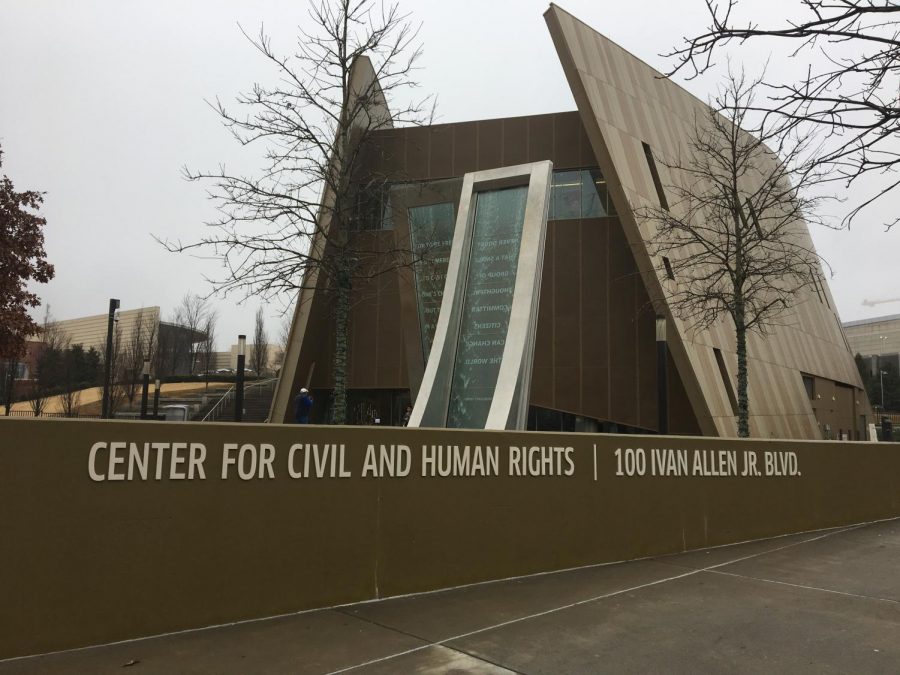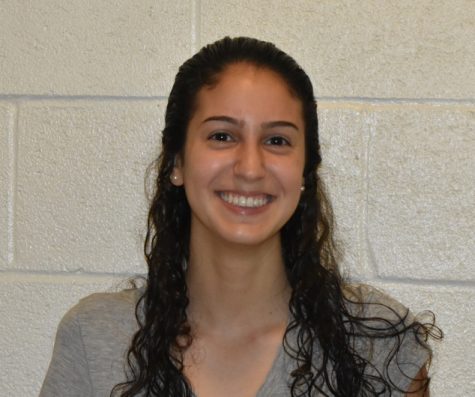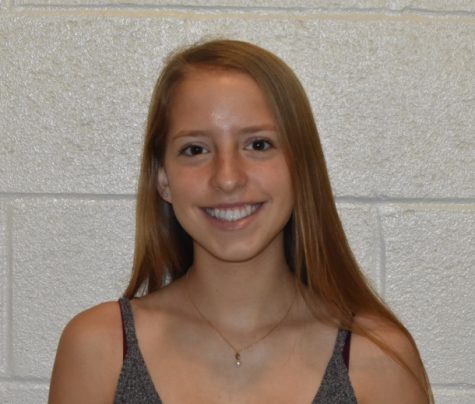Civil and Human Rights Museum offers free admission
February 20, 2019
The Center for Civil and Human Rights offered free admission to anyone interested during the month of February, attracting people of all ages and backgrounds. The Coca-Cola Foundation supplemented tickets with $1 million in light of the thousands of people migrating to Atlanta for the Super Bowl and Black History Month.
Along with paying for the site the museum sits on, Coke has invested its time and resources into encouraging visitors and spreading a message of unity. According to a statement by Coca-Cola Foundation President Helen Smith Price, the free month of admission was offered to spread awareness about Atlanta’s history to residents and visitors during this exciting time of history in the making.
Lines of people gathered outside of the center on Feb. 22, marking the busiest day of the year, with a record 4,000 people. Over 2,000 children alone visited the Center for Civil and Human Rights that day on field trips. The center offers free admission opportunities every year. April of 2017 was the last time the museum offered a free month, marking the 50th anniversary of Martin Luther King Jr.’s passing.
In line, one could hear a father quizzing his children on facts ranging from the age of boxer Muhammad Ali to the significance of Supreme Court Justice Thurgood Marshall.
“This is the civil AND human rights museum. It’s important to have to inform everyone,” said employee Antrice Cellars, who’s been working at the center for almost a year. “Some people think it’s just white and black, but there were people from all over the world that started to immigrate to this country. It’s important that we have this [museum] to inform people and to be able to move forward.”
By noon the day of field trip, seventh graders from Stewart Middle School, fifth graders from Fernbank Elementary School and students from Carmen Adventist School and Centennial Academy had already circulated around the exhibits with clipboards and worksheets in hand.
“We are here to see what people have gone through, and see how they got to help the world,” said fifth grader Bethany Jones from Fernbank Elementary School. “I like seeing all the quotes on the wall on the bottom floor [in the Martin Luther King Jr. Collection].”
Students not only benefit from learning about the history of Atlanta and important figures in greater depth, but some were able to connect what they learned to their own family histories.
“This woman right here, fought for immigrants’ rights,” said fifth grader Jevlin Telsfore, referring to Alina Diaz in the global human rights movement exhibit. “My parents are immigrants, also.”
Volunteers, like mother Jennifer Garrett and daughter Anna Garrett, can be found at the front table in the lobby area handing out donation buttons and greeting attendees.
“One thing you’ll find is some of our exhibits are very impactful and a little deep, and some people have a very emotional experience with that,” said Jennifer Garrett. “But that’s what we’re trying to do, get people to that place of emotion and thought, so that they feel by the time they’re through the entire center, they’ve really had an experience that touches their heart and propels them to inspire and motivate change when they see something that’s going wrong.”
Exhibits like the Martin Luther King Jr. collection allowed museum goers to get an inside look at many of his handwritten manuscripts from Morehouse College as well as learn about his impact and legacy.
Employee Jan Kendall noted the sheer quantity of documents coming in monthly.
“Every four months, we rotate the artifacts because they [Morehouse College and Woodruff Library in the Atlanta University Center] have 13,000 items,” said Kendall. “And we change the theme.”
The new logo for the Center for Civil and Human Rights represents inclusion and encompasses the message “as we unite here to learn, think and act, may we be reminded of the bonds that link us all.”
“The new logo depicts a table and is showing the space around it so that everyone can come and get a seat at the table,” said Garrett.








